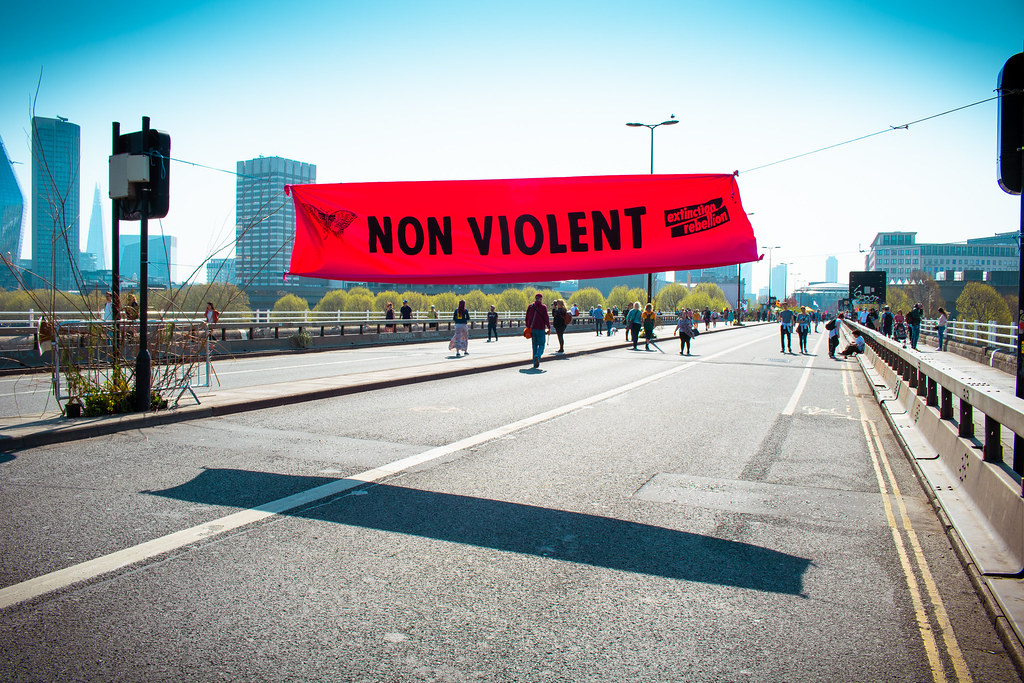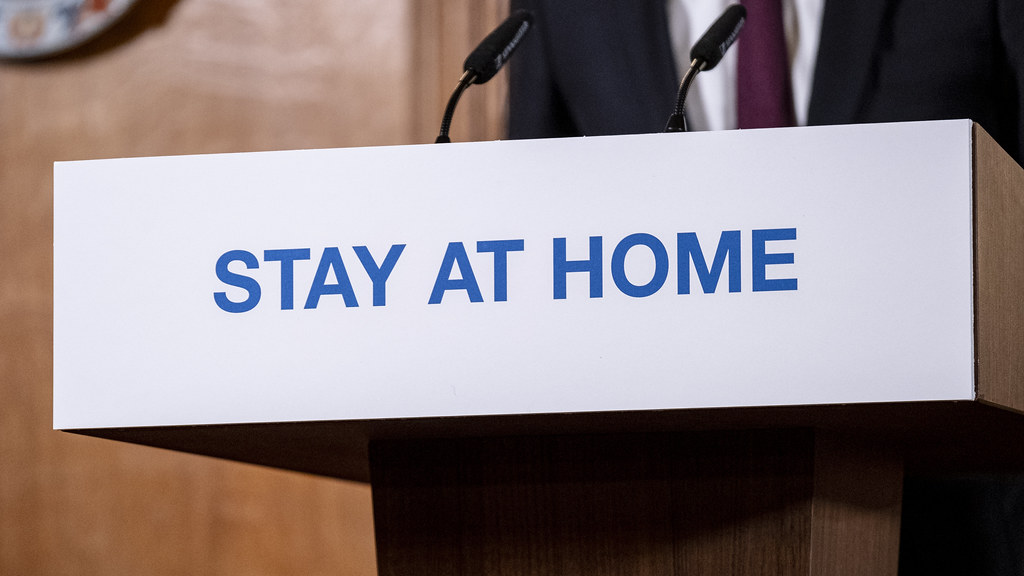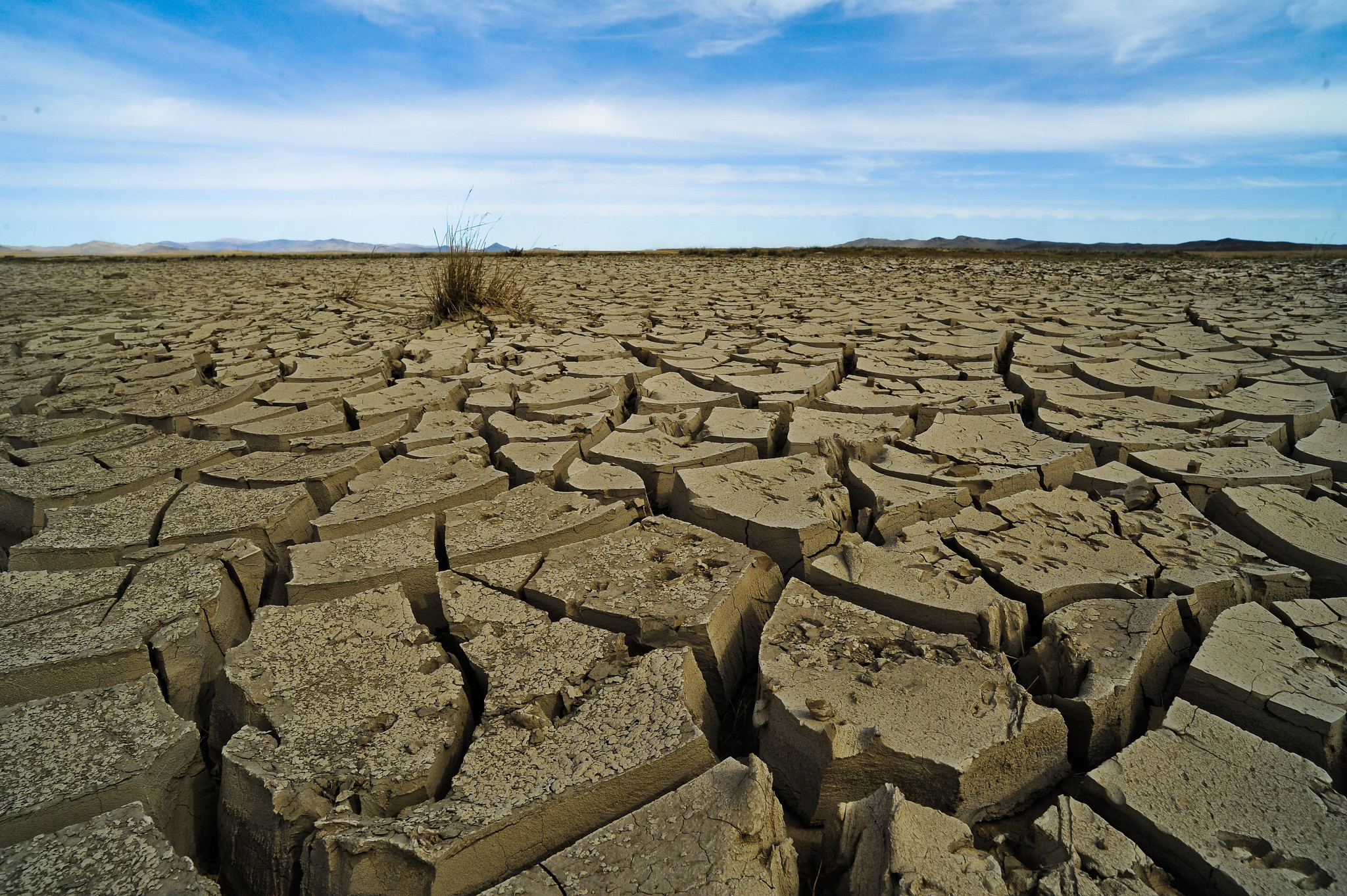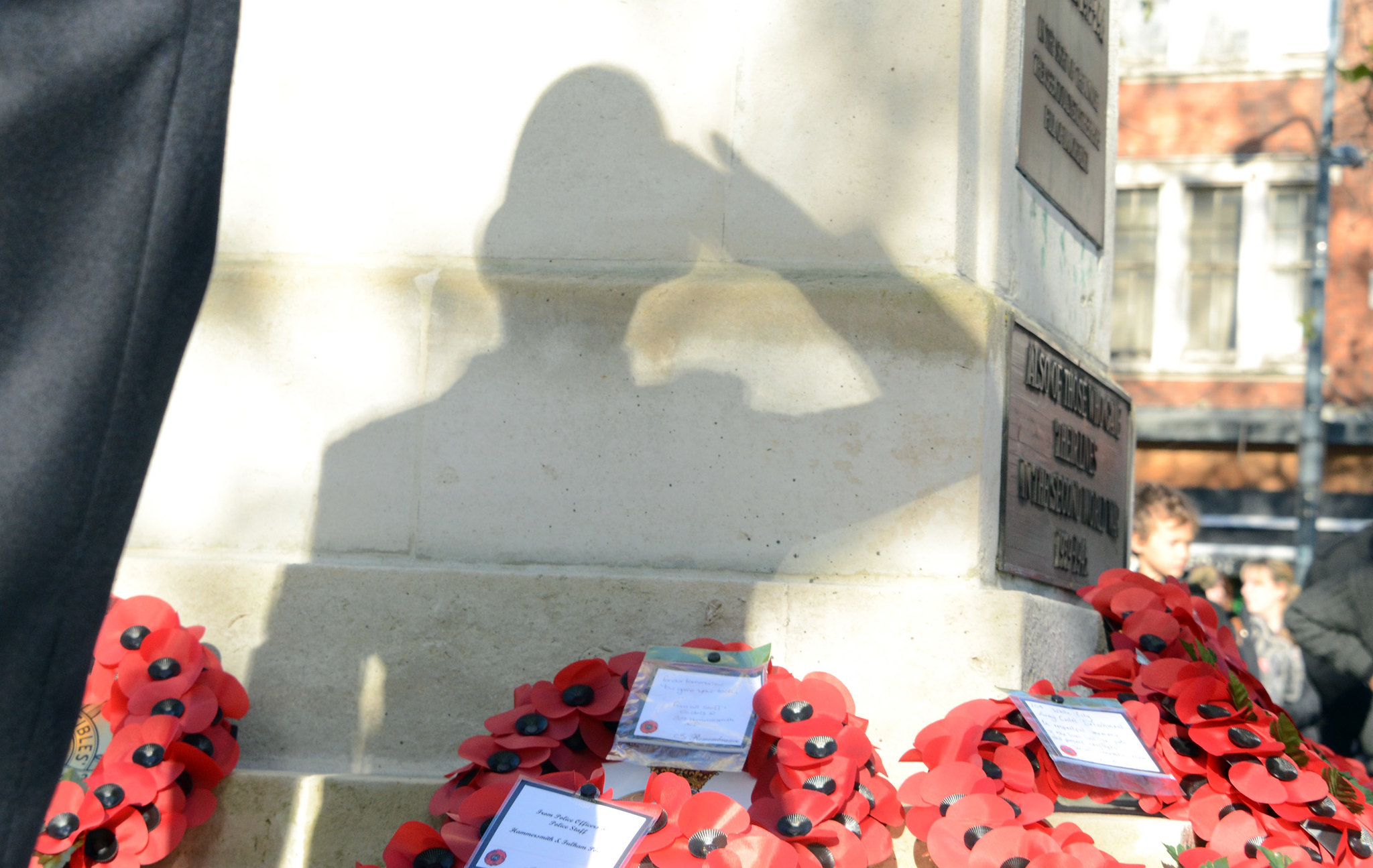Public Distrust and COVID-19 Vaccines: Conspiracy Thinking or Reasonable Doubt?
By Katherine Hawley
 “Coronavirus Vaccine Bottle” by Jernej Furman. Used under: https://creativecommons.org/licenses/by/2.0/.
“Coronavirus Vaccine Bottle” by Jernej Furman. Used under: https://creativecommons.org/licenses/by/2.0/.
Quelling the COVID-19 pandemic will require governments and peoples to work together, motivated by more than mere fear of legal sanction. Whilst lockdown measures have been given legal force in many countries, these would be unenforceable in the face of widespread civil disobedience. Restrictions on shops and restaurants need the cooperation of business owners, and it’s impossible for the police to systematically monitor who we mingle with in our own homes, or indeed whether we’re really washing our hands for the full twenty seconds. Test-and-trace systems need individuals to come forward for testing when appropriate, and to be honest about their social contacts. And even as we wait anxiously for a vaccine to become available, we should not expect this to be imposed on any individual without their consent.










